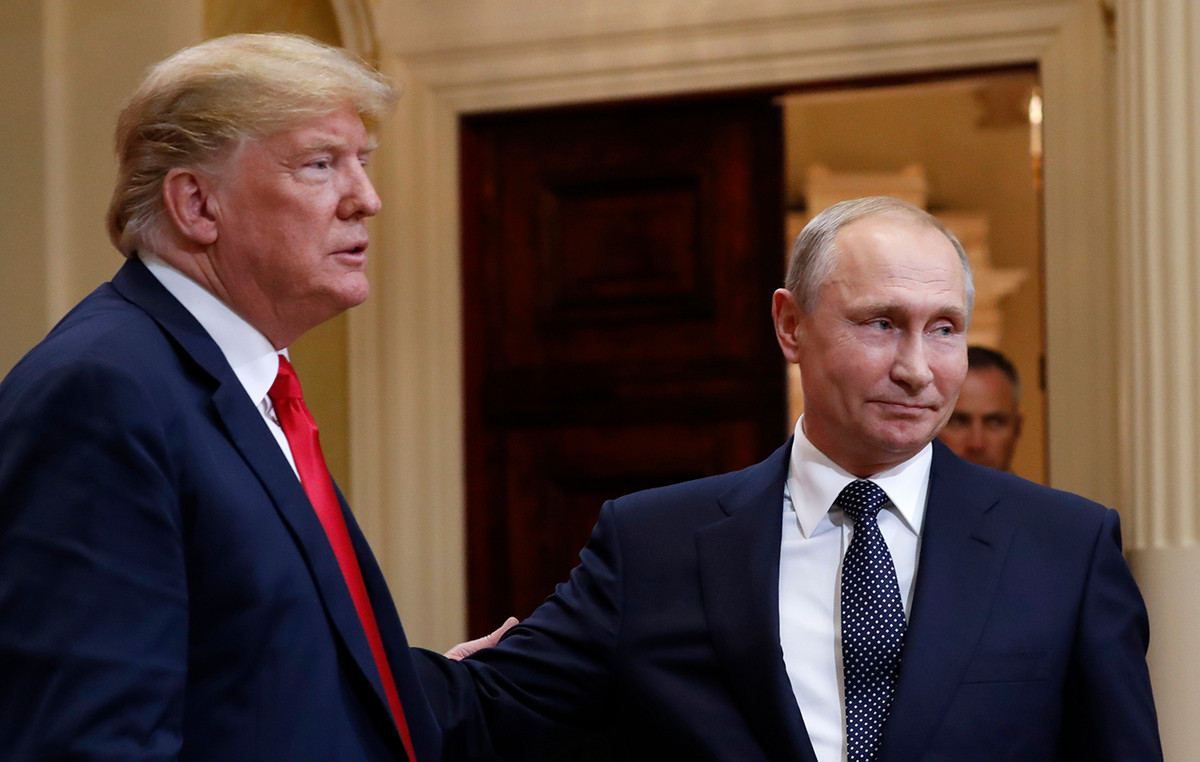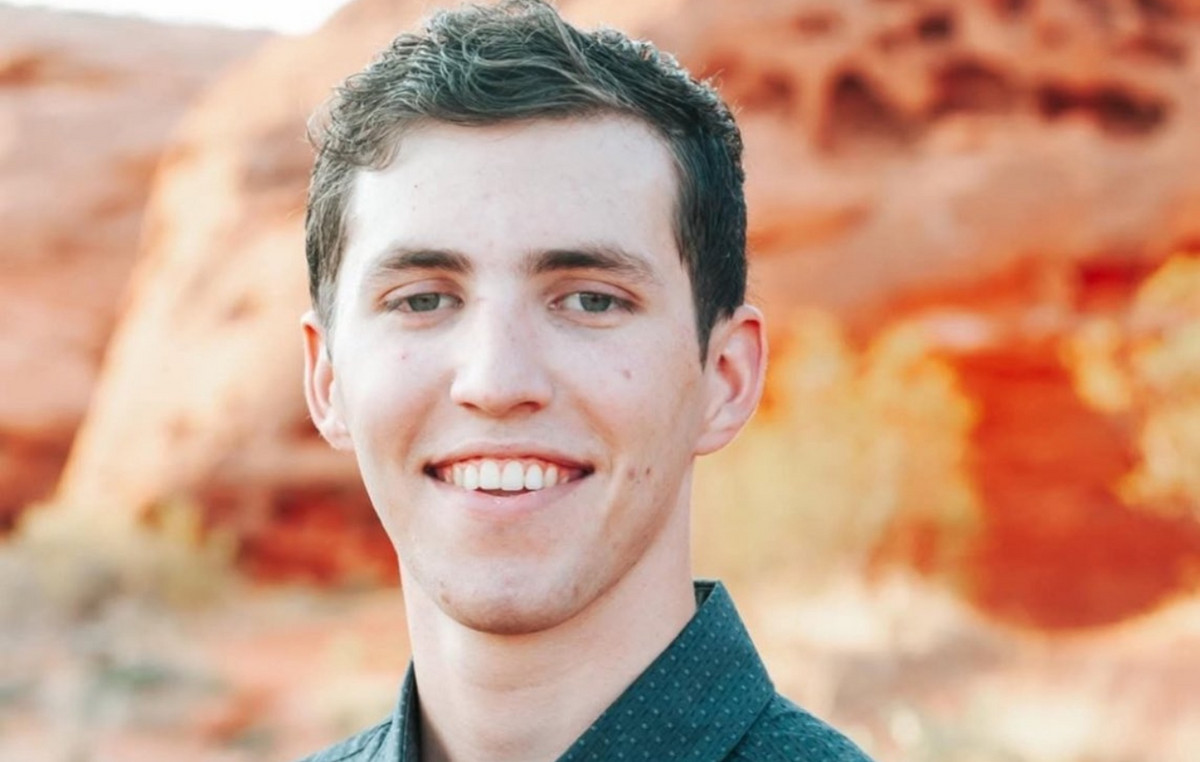The President of the Federal Supreme Court (STF), Minister Rosa Weber, outlined this Tuesday (9) actions of three important guidelines for the coming weeks.
Article 19 of the Marco Civil da Internet, seen as an alternative to the Fake News bill, will be judged from May 17th. The figure of the guarantee judge, approved by former president Jair Bolsonaro (PL) and suspended by the STF, is scheduled for the 24th.
Finally, the time frame in indigenous lands, which can change the demarcation of lands, will be analyzed on June 7th.
understand the actions
Internet Civil Framework
Two lawsuits dealing with Law 12,965/2014, known as the Civil Rights Framework for the Internet, were scheduled for the 17th. Minister Dias Toffoli is reporting on an extraordinary appeal by the company Meta, Facebook’s parent company, which questions the constitutionality of Article 19 text.
The device determines that internet providers, websites and social networks only have civil liability for illegal posts and messages if they do not take steps to remove these contents after a court decision.
Last Thursday (4), amid discussions about the Chamber of Deputies postponing the vote on bill 2630, known as PL das Fake News, Toffoli released the action for trial.
Minister Luiz Fux is the rapporteur of Google’s extraordinary appeal that discusses the duty of the website provider to inspect the content published in its electronic domains and to remove information considered offensive from the air, without the need for intervention by the Judiciary.
In March, the STF held a public hearing with 47 exhibitors to collect information and technical opinions to guide the ministers’ decision.
guarantee judge
Four actions in the STF that deal with the figure of the guarantee judge were scheduled for May 24. The instrument was approved by the National Congress along with the anti-crime package and sanctioned by then-President Jair Bolsonaro (PL) in December 2019. The rapporteur for the actions, Minister Luiz Fux, suspended the agenda in December 2020.
In the package, the judge would be responsible for overseeing the legality of the criminal investigation, authorizing measures such as arrests and breaches of secrecy. In January 2020, Fux, then president of the STF, issued an injunction suspending the creation of the guarantee judge.
The minister argued that the measure had been approved to disparage the judge responsible for passing the sentence. For Fux, changes in the structure of the Judiciary should only be made by power itself.
Fux had decided to take the issue to plenary in 2021, but withdrew after lawyers from the Institute of Criminal Guarantees filed habeas corpus to overturn the injunction and ask for the release of prisoners in flagrante delicto whose custody hearing was not held within 24 hours.
Time frame in indigenous lands
The judgment of the process that deals with the time frame in indigenous lands was scheduled for June 7. In April, Weber brought forward the date of the judgment and said that the decision met a demand by the Minister of Indigenous Peoples, Sonia Guajajara.
The temporal framework thesis, defended by ruralists, determines that the demarcation of an indigenous land can only happen if it is proven that the indigenous people were in the required space on October 5, 1988, the date of promulgation of the current Constitution. Indigenous people consider the setting of this landmark for land demarcation a threat.
The judgment began to be analyzed by the Court in 2021. At the time, Minister Alexandre de Moraes asked for a view (more time for analysis). The magistrate returned the case in October of the same year. The case even entered the Supreme Court agenda in June 2022, but was withdrawn by the then president of the STF, Minister Luiz Fux.
The scoreboard for the judgment of the time frame in the STF is tied at 1 to 1. Minister Nunes Marques voted in favor of the thesis. In the vote, he considered that the interests of the indigenous people do not overlap with the interests of national defense.
The case’s rapporteur, Minister Edson Fachin, spoke out against the timeframe. For Fachin, Article 231 of the Constitution recognizes the right of these peoples to remain regardless of the date of occupation.
* With information from Teo Cury and Iuri Pitta
Source: CNN Brasil
I’m James Harper, a highly experienced and accomplished news writer for World Stock Market. I have been writing in the Politics section of the website for over five years, providing readers with up-to-date and insightful information about current events in politics. My work is widely read and respected by many industry professionals as well as laymen.







